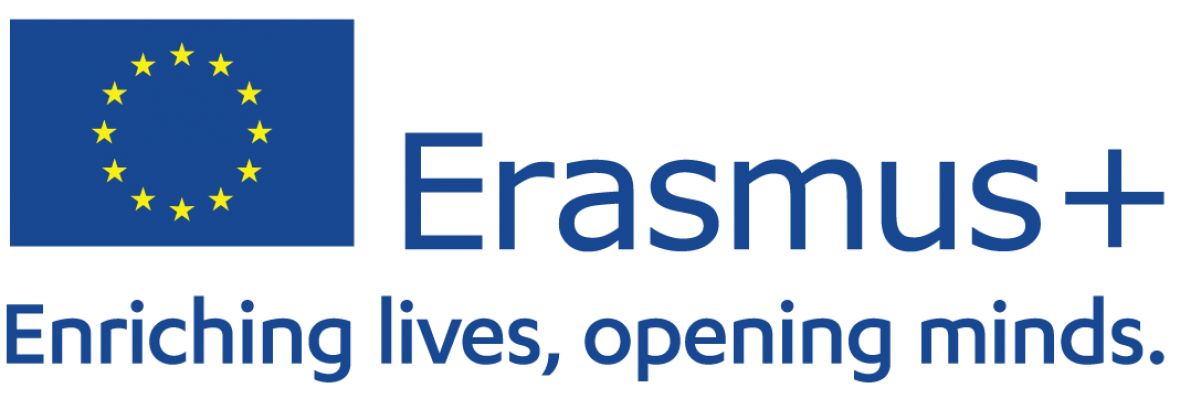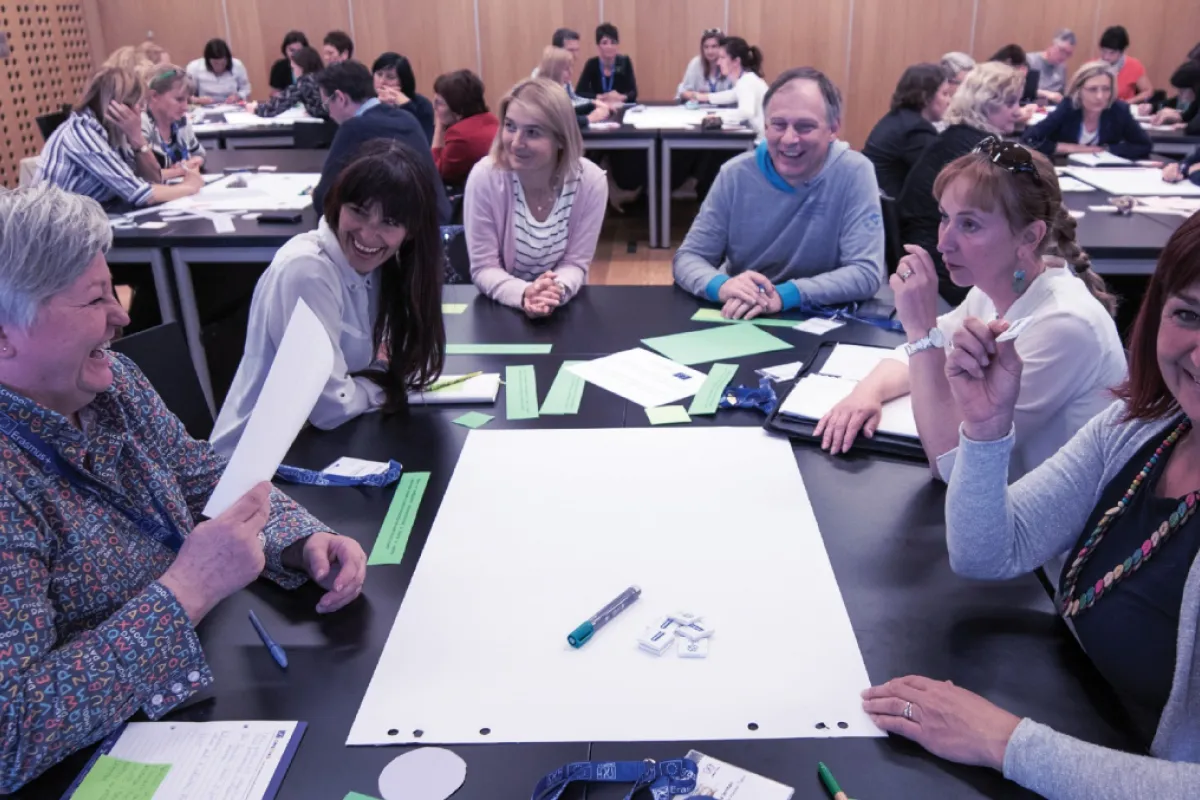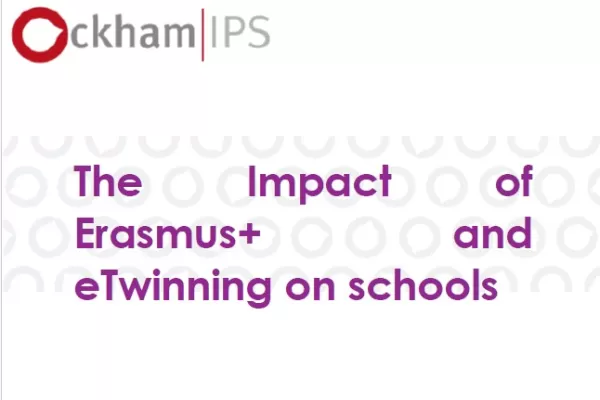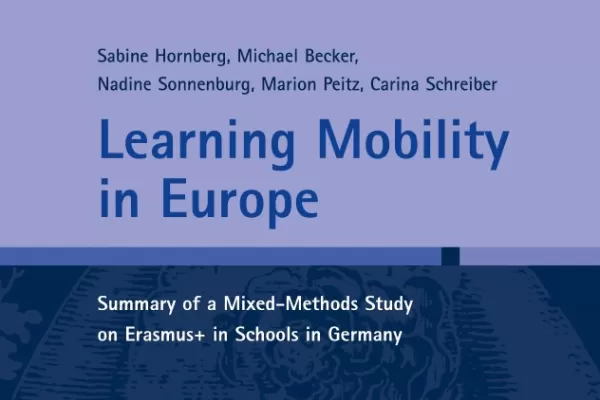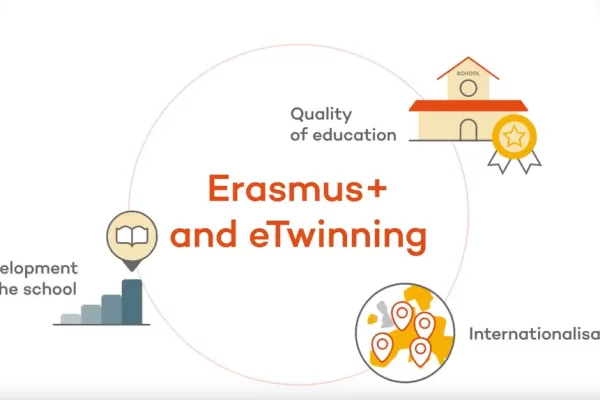Resume
Here are some findings of the study in relation the three domains: preparation, learning and improvement. Regarding the preparation, the qualitative study shows that the public educational institutions involved in the study started their own way of international cooperation with individual enthusiasts, who, however, had the support of the headteacher. The international activities were thus not carried out in an uncontrolled manner but were part of the activity of the institution.
The domain of learning includes the realisation of the activities of international professional development, and the emergence of new learning or impact. Quantitative and qualitative study show that the activities of international cooperation have a positive impact on professional workers, the institution and pupils. Based on the wording of impact items in quantitative studies, unfortunately the type of impact is not always clearly evident.
The domain of improvement involves the transfer of learned into practice and the dissemination of the impact for improvements. From the qualitative part of the study, it is possible to identify the methods of transferring the acquired knowledge and skills, and the changed attitudes and/or beliefs among educational staff, which relate primarily to some already established school mechanisms that involve the whole collective or its individual levels (e.g., expert working groups, pedagogical conferences, meetings).
The study data show that the absorption of large amounts of funds does not guarantee impact or effects. Sustainability is primarily provided by willingness, support, dedication, cooperation, example, and positive attitude. The decision on international cooperation and the involvement of headteachers and educational staff is influenced primarily by their subjective conceptions, attitudes and beliefs. Because they are implicit, we need language and space to be able to understand them and become explicit. International cooperation is one of the activities that can significantly contribute to the erosion of subjective conceptions.
Conclusions
- Professional development and international cooperation do not occur automatically, but if they do, they do not produce the desired effects at the level of the institution and pupils, so they should be planned.
- It can be concluded that the impact of international activities exists, but it should not be maintained at a general level, but look in more specific forms at the level of the institution (and also the system) and in stakeholders who are affected by the impact.
- The support of the headteacher (and other educational staff) is crucial for the transfer of acquired knowledge, skills, and experience.
Recommendations
- International cooperation in itself cannot be an objective, but an activity aimed at achieving the goals of the institution, that is, to facilitate and strengthen the professional development of educational staff. In practice, this means that the “projects” of international cooperation are not carried out due to the (number of) projects as such or the motivations of individual educational staff, but in the light of strengthening the achievement of the goals that were set at the level of the institution for the next few years or annually.
- It is important for the headteacher to be aware that international professional development does not mean merely acquiring new knowledge and skills, but perhaps even more importantly the expansion of views and the strengthening at the level of relationships (respect for other cultures, tolerance, self-esteem, etc.). Particular emphasis should be placed on intercultural competences, which strengthen most when in relation or in contact with foreign culture, preferably in a foreign environment.
- Mechanisms should be established at the institution level to promote and ensure the dissemination of acquired knowledge, skills, attitudes and beliefs at the institution (between educational staff) and outside the institution (between institutions at local, regional and national level, in cooperation with other public educational institutions, etc.). Educational staff who has been abroad and/or hosted foreign educational staff must share their experience with others, that is their professional responsibility.
Download the report
- Leadership and impact of international cooperation.pdf 2MB / pdf Download
More information?
Looking for more information about this project? Get in touch: info@cmepius.si.
